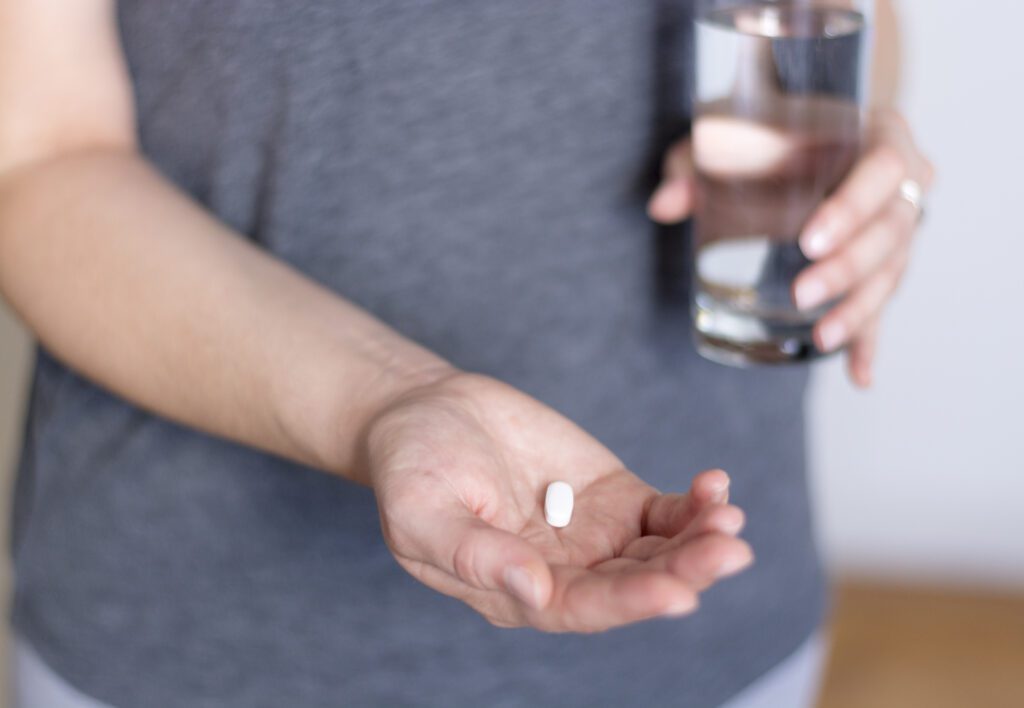Sedation dentistry, also known as sleep dentistry, helps patients feel relaxed and calm during their dental visits. Many people have a fear of the dentist or anxiety about dental procedures, which can keep them from getting the care they need. Dr. Ed Lazer and Dr. Andrey Doroshenko in Hunt Valley, MD, offer sedation options to help patients feel at ease. They want every patient to be comfortable and stress-free while getting quality dental care.
Sedation dentistry is beneficial for both patients and dentists. It allows Dr. Lazer and his team to provide thorough care in a more relaxed setting. If you’re in Hunt Valley or Timonium, MD, and are looking for a calm dental experience, this dental service could be ideal for you.

The Purpose of Sedation Dentistry
The main goal of sedation dentistry is to help people feel less anxious and more comfortable in the dental chair. Many people put off dental visits because they feel nervous or afraid. With sedation, patients can feel at ease during treatments, whether for routine check-ups or more complex procedures. This makes it easier for patients with dental phobias or those needing extensive care to get the treatments they need without stress.
Understanding Oral Conscious Sedation
Oral conscious sedation is one option that allows patients to stay calm and relaxed. Our dentists will provide a sedative that patients take before their appointment. The medication puts patients in a deeply relaxed state, making them feel sleepy but still awake. During the visit, patients remain aware and can respond to any questions or directions from the dentist, but they feel completely at ease.
Benefits of Sedation Dentistry
Dental sedation can improve the dental experience for patients and the dentist alike:
- Reduced Anxiety: Sedation helps people feel calm, which can make it much easier to face dental treatments without fear.
- Improved Comfort: Patients can relax fully, reducing tension and discomfort throughout their visit.
- Increased Cooperation: Sedation makes it easier for patients to stay still, which is especially helpful for longer or complex procedures.
- Limited Memory of Treatment: Often, patients don’t remember much about the procedure, which can reduce any future anxiety about dental visits.
- Time Efficiency: Sedation allows dentists to perform several treatments in one visit, cutting down on the number of appointments.
- Enhanced Safety: Dentists monitor patients closely to make sure they stay safe throughout their visit.
- Wider Accessibility: Sedation makes dental care available to those who usually avoid the dentist because of anxiety or discomfort.
- Controlled Gag Reflex: For patients who struggle with a strong gag reflex, sedation keeps it under control, making treatments easier.
- Pain Management: Sedation often includes pain relief, so patients experience less discomfort both during and after treatment.
- Promotes Regular Visits: By making dental visits less stressful, sedation encourages regular care, which is essential for good oral health.
How do I prepare for dental sedation?
Getting ready for dental sedation is easy and helps make your visit go smoothly. Here’s a quick guide:
- Share Your Health History: Before your appointment, let your dentist know about any health issues, like heart or breathing problems, or allergies. Also, tell them about any medications or vitamins you take, since some may affect the sedative. This information helps your dentist adjust your sedation plan to keep you safe.
- Follow Eating and Drinking Rules: For some types of sedation, you may need to avoid food or drinks for several hours before your visit (often 6-8 hours). This helps prevent feeling sick and avoids any issues with the sedative. Be sure to follow any eating and drinking guidelines your dentist gives you, as they may differ depending on your type of sedation.
- Plan for a Ride Home: Sedation can leave you feeling tired and unsteady, so it’s best to have a friend or family member drive you to and from the dentist. After the procedure, you’ll likely feel groggy for a few hours, so avoid driving, using machinery, or making big decisions for the rest of the day.
- Wear Comfortable Clothes: Choose loose, comfy clothes for your appointment to help you relax. Short sleeves are a good choice, as they make it easier for the dentist to check your blood pressure or place monitors.
- Prepare for Rest Afterward: Plan to relax at home after your visit. Avoid activities that require focus, and stick to soft foods until any numbness wears off. If you can, have someone stay with you for a bit in case you feel a bit out of it.
- Follow Any Extra Instructions from Your Dentist: Your dentist might have special instructions depending on the type of sedation. For example, if you’ll be taking oral sedation, you may be asked to take the medication about an hour before your appointment. If you have any questions, call the dental office to make sure you’re clear on all instructions.
A little planning can make dental sedation go more smoothly and give you a calmer, more comfortable visit.
What to expect During Sedation Dentistry
Each patient’s experience with sedation dentistry is unique. Most patients feel relaxed and comfortable, and some may feel drowsy or even doze off during their appointment. Throughout the treatment, our dental team monitors your vital signs to make sure you are safe and comfortable. We can talk with you to check in, and you can respond if needed.
After your visit, you may feel groggy and might need a few hours to fully recover from the sedation. Most patients remember very little, if anything, from their appointment. This can be especially helpful for those with dental anxiety, as it makes the overall experience less memorable and less stressful.
Frequently Asked Questions
You probably have some questions about dental sedation. Well, we have answers to some of the commonly asked questions!
Is dental sedation safe for people with medical conditions?
Dental sedation is generally safe for people with medical conditions. But it’s important to inform your dentist about your health history. We carefully evaluate your situation to choose the safest sedation method for you. Some conditions might require special precautions, so open communication helps ensure your safety during the procedure.
Does sedation dentistry work for children?
Yes, sedation dentistry can be very effective for children, especially if they’re anxious or need extensive treatment. It helps them relax so we can complete dental work comfortably and efficiently. We use sedation methods appropriate for kids to make their visits as stress-free as possible.
How long does it take for the effects of dental sedation to wear off?
The time it takes for sedation to wear off depends on the type used. Nitrous oxide wears off quickly—usually within minutes after we stop administering it. Oral or IV sedation can take a few hours to make you feel drowsy for the rest of the day. We provide specific instructions to help you recover safely.
Can I drive myself home after sedation dentistry?
You can usually drive yourself home if you’ve had minimal sedation, like nitrous oxide. However, for deeper sedation methods, you shouldn’t drive afterward. It’s important to arrange for a trusted friend and family member someone to pick you up, as your coordination and judgment may be affected.
How do dentists monitor patients during sedation?
During sedation, we monitor your vital signs continuously using specialized equipment that tracks your heart rate, blood pressure, and oxygen levels. A trained member of our team stays with you throughout the entire procedure. Additionally, we use pulse oximeters and other advanced monitoring devices to ensure your safety, just like in a hospital setting.
To learn more about sedation dentistry at Cosmetic and Advanced Dentistry in Hunt Valley, MD, reach out to us. We’re here to help you feel comfortable while receiving top-quality care. Call us at (410) 697-6290 or request an appointment online.
